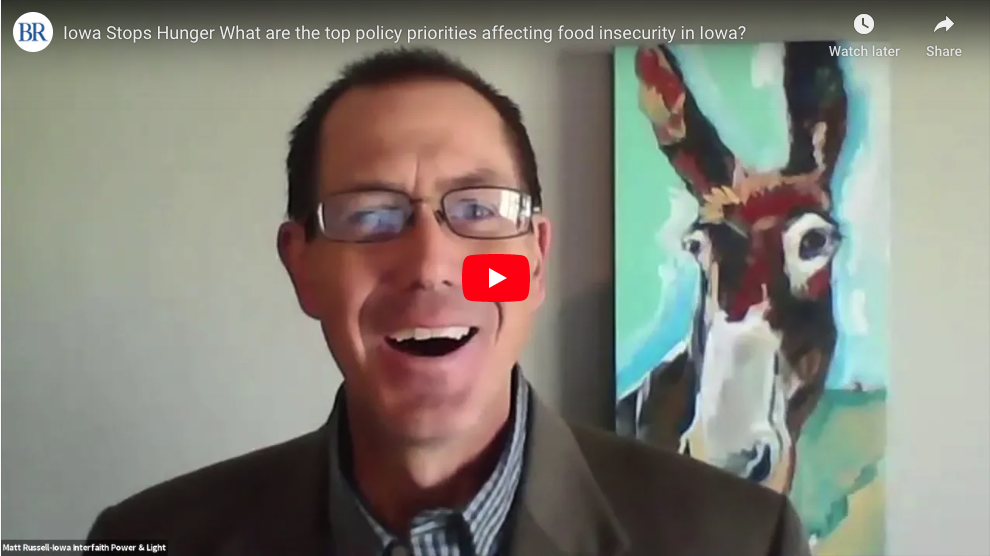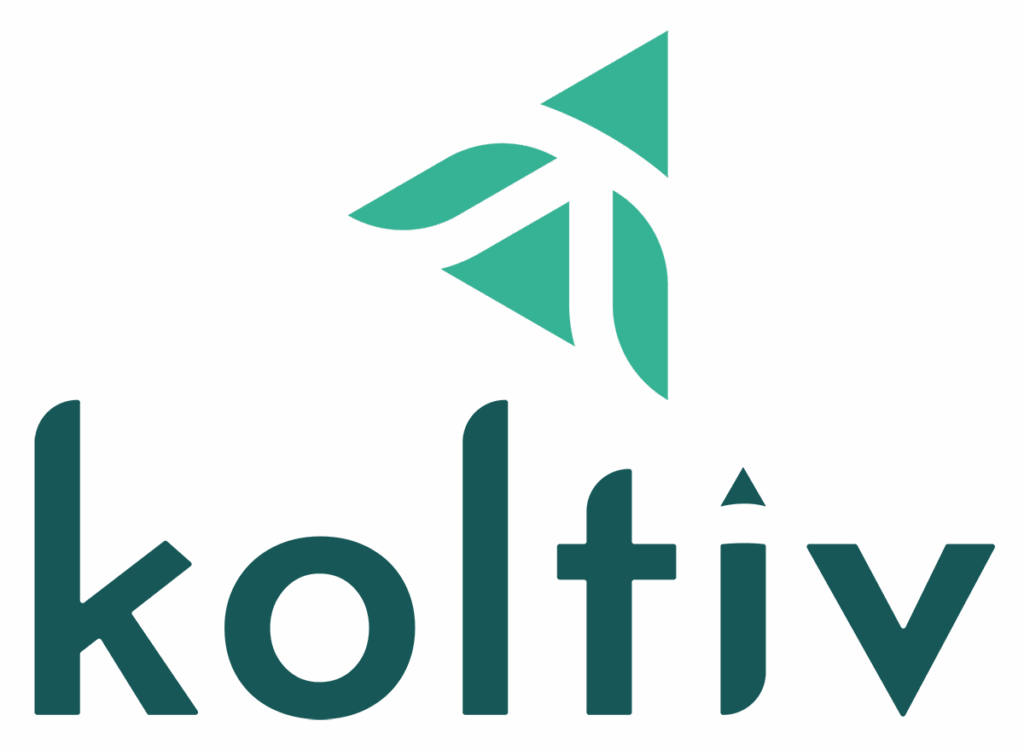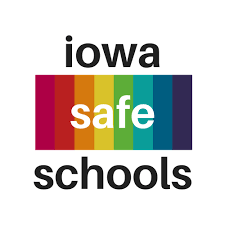Iowa Stops Hunger: The answer to food insecurity is found in fight against poverty

Food insecurity is closely rooted in other issues of poverty, and the issues must be addressed together if solutions to food insecurity are to be found, according to people on the front lines of the fight against hunger and food insecurity in Iowa.
The Business Record held its second panel discussion as part of its Iowa Stops Hunger initiative on Nov. 4. Business Publications Corp. and its publications — including the Business Record, dsm Magazine and ia Magazine — earlier this year launched a yearlong campaign, Iowa Stops Hunger, to bring attention to the plight of those who are food insecure, and to shed light on those who have made it their mission to help.
The virtual talk, Iowa Stops Hunger: Confronting Drivers of Hunger, focused on state and local policy considerations. It featured Dr. Nicole Gilg Gachiani, chief physician quality officer and section chief, primary care clinic, Broadlawns Medical Center; state Rep. Brian Lohse-R, Bondurant; Matt Russell of Iowa Interfaith Power & Light; and Luke Elzinga, communications and advocacy manager for the Des Moines Area Religious Council and board president of the Iowa Hunger Coalition. It was moderated by the Business Record’s publisher and executive editor, Chris Conetzkey.
The first question posed to the panel was what they believe are the top policy priorities affecting food insecurity in Iowa. The responses were varied.
Gilg Gachiana said leaders should be thinking beyond the immediate crisis of the coronavirus pandemic.
“Our push with all the resources we have at our disposal is to move toward looking at what best prepares us for long-term gains, not necessarily just the short-term gains,” she said. “How can we both address the needs of food insecurity short-term, but also ensure that our community is set up to thrive long-term and we’re not putting them at additional risk of obesity and diabetes, and most timely, COVID-19, given how nutrition and healthy food we’ve now seen is linked to your risk of COVID-19 as well?”
Lohse, who represents eastern Polk County’s House District 30, said more needs to be done at the state level to eliminate what is called the “cliff effect” for services provided to individuals and families at risk, and identify and eliminate barriers to people needing assistance. He also touted the need for greater tax incentives to businesses, to provide child care on-site and overcome some of those cliffs that are barriers for people working to improve their lives.
Russell, whose organization looks for solutions to the climate crisis, said those solutions and policies that influence them can help increase food security and equity security.
“I think the most important policy issue is SNAP … and we’ve done some creative things in Iowa with farmers markets and SNAP, making it possible for people using SNAP to buy food from farmers. We saw some expansion during these times of COVID with some existing programs and even some creative things with school lunch programs, using the SNAP program to get them some additional resources so those students weren’t so food insecure,” Russell said.
Elzinga said some positive actions have been taken by local, state and federal governments to address increases in food insecurity that have occurred during the pandemic.
He said while the government has stepped up to support food banks and increase the SNAP benefit temporarily, he’s worried about long-term support after the pandemic ends.
“I’d love to see sustained investment from our state government in fighting hunger,” Elizinga said.
He said food insecurity is an intersecting issue with poverty, and issues such as housing, child care and wages.
“Food insecurity doesn’t exist in a vacuum,” he said. “Even if we’re trying to solve food insecurity on its own, we just will never be able to end hunger in Iowa without addressing some of these other intersecting issues.”
One example of service cliffs that families face is a pay cliff — when an individual receives a pay raise and makes too much to qualify for assisting services, leaving their family in a worse position than they were before.
Elzinga said eliminating those service cliffs should be part of a comprehensive approach.
“I don’t think there’s a silver bullet policy that will solve it,” he said. “We’ve got to think smart about how all these different pieces interact and how we can get people to a better spot … and take away some of these barriers that might be keeping them from taking a promotion or raise because they don’t want to lose their child care benefits.
“We need to address all these things in tandem,” Elzinga said.
Lohse said the state should look at ways to help supplement SNAP.
“There are … ways local entities can partner with county level and city level programs that would be able to act the same as SNAP,” he said. “There are things we can supplement the SNAP program in ways; we just need to find the right solution to do that and how we do that directly.”
He said a local SNAP program could be created using only local funds. Once that happens, the state would be more able to help and not just rely on charitable funds for support, Lohse said.
Gilg Gachiana called for additional funding and support for the Double Up Food Bucks program to help people in need buy more fresh produce.
She also said more needs to be done to fill those gaps when school lunches and breakfasts may not be available.
Russel said greater awareness needs to be created to reduce the stigma surrounding use of school meal programs, SNAP or food pantries
He said it’s important to build awareness that those programs are not just helping those who receive those services, but that it’s a good thing for the whole community.
“The supplement isn’t just the nutrition, it’s a supplement of empowering them to do more than just have a meal,” Russell said.
Watch the first question from the event.
Register to watch the entire event on-demand, for free.
Iowa Stops Hunger is a yearlong Business Publications Corp. initiative to bring awareness and action to food insecurity in Iowa. Read additional stories on Iowastopshunger.com.










